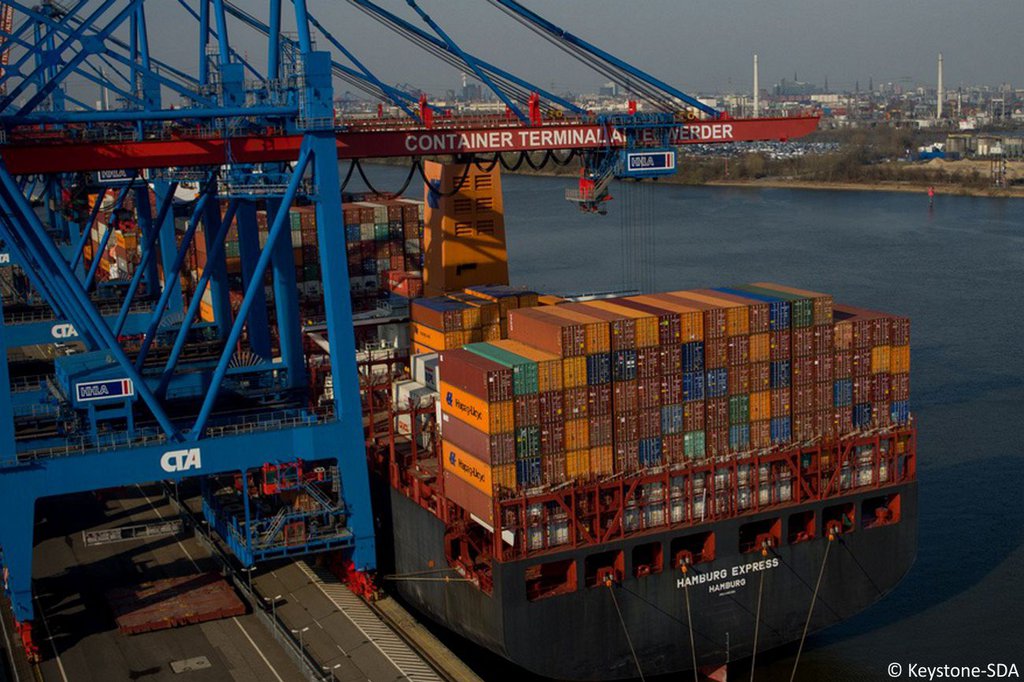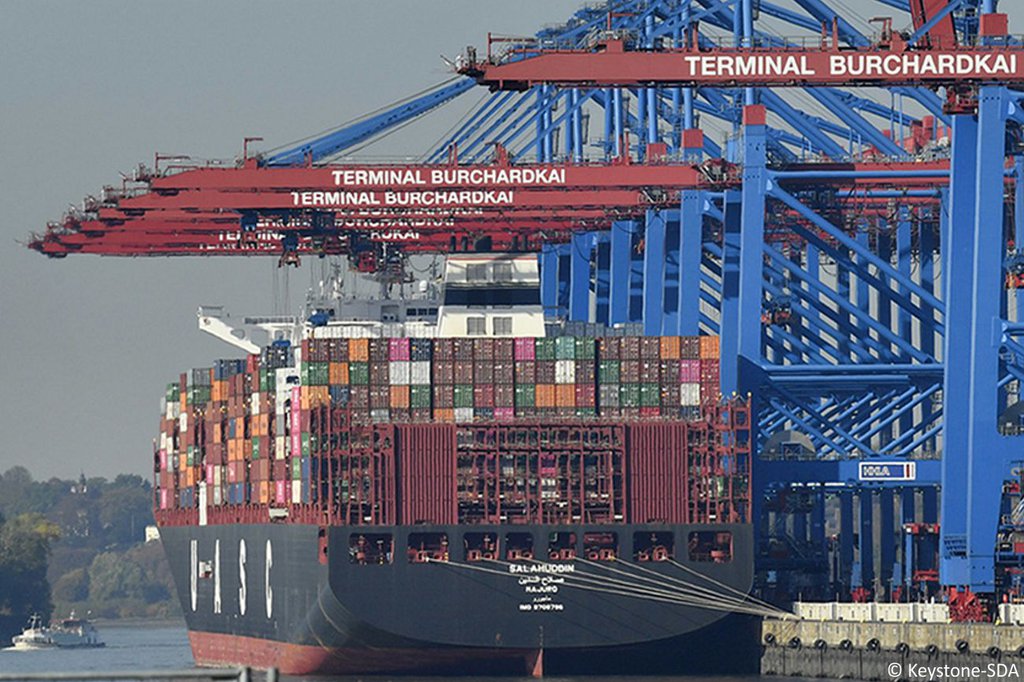International effects of climate change: Opportunities and risks for the economy
News, Environment and Climate, Economy | April 13, 2021

How does global climate change affect enterprises in the Canton of Zurich? INFRAS completed a multi-stakeholder dialog on the opportunities and risks stemming from global climate change on international trade in Zurich within the pilot program “Adaptation to climate change” from the Swiss Federal Office for the Environment (FOEN).






